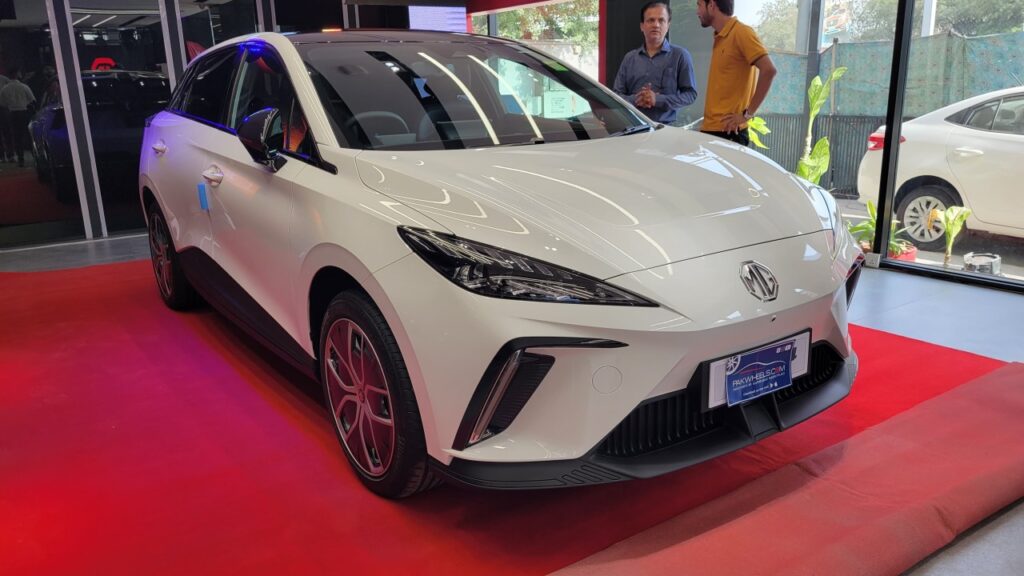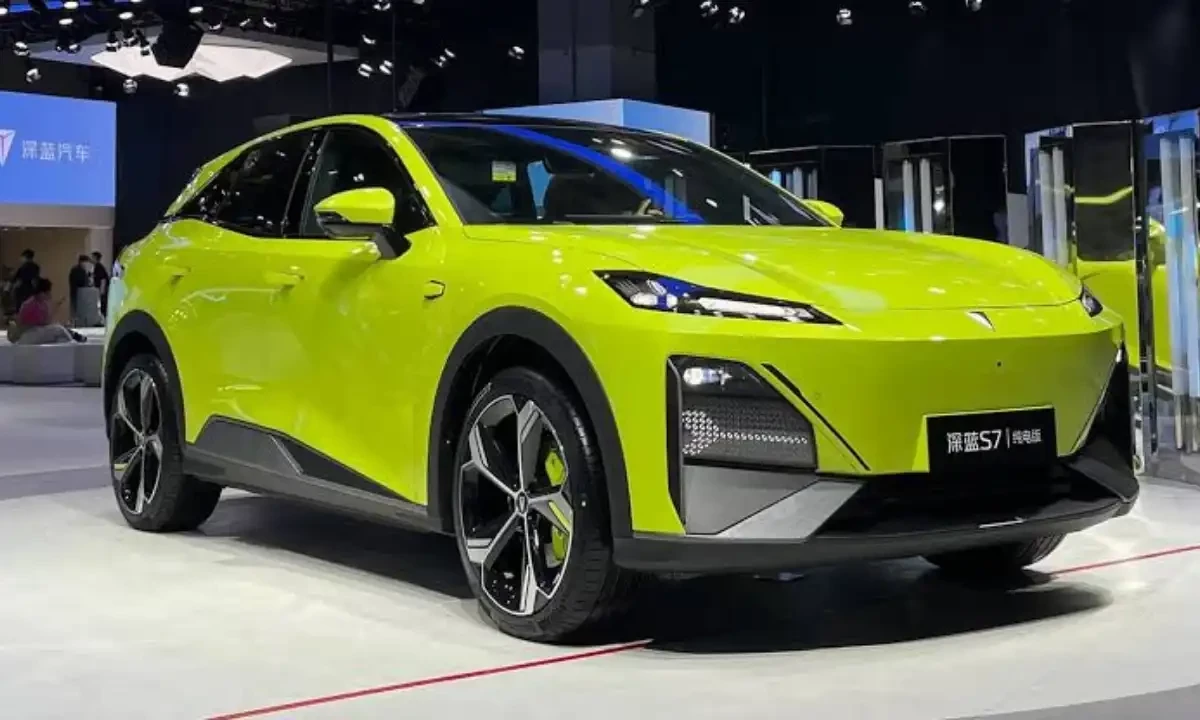China’s electric vehicle (EV) giant BYD, supported by Warren Buffett, has set its sights on Pakistan, aiming to transform the country’s automotive landscape by introducing electric vehicles at an unprecedented scale. In partnership with Mega Motors, a Pakistani car group, BYD has committed to having up to 50% of all vehicles in the country electrified by 2030. This bold vision aligns with global targets for the transition to cleaner energy vehicles.
BYD’s Entry into Pakistan
BYD announced its entry into Pakistan in August 2024, marking the South Asian nation as one of its newest markets. The company wasted no time launching three EV models and outlining plans for more significant developments, including the construction of an assembly plant slated to open by 2026. However, vehicle sales are expected to start sooner, with fully assembled units arriving by the end of this year.

Pakistan’s Evolving Automotive Market
The Pakistani automotive market has long been dominated by Japanese manufacturers such as Toyota, Honda, and Suzuki. However, recent years have seen the entry of newer competitors like KIA and Chinese automakers such as Changan and MG, all offering hybrid or fuel-efficient models. Despite this, fully electric vehicles have yet to gain substantial traction in the country.
BYD’s entry could be a game-changer, as the company brings expertise in electric mobility and a clear roadmap for Pakistan’s electrification. Kamran Kamal, CEO of Mega Motors and spokesperson for BYD Pakistan, has expressed optimism, highlighting that this initiative could lead to a significant shift in Pakistan’s automotive sector.
Overcoming Challenges: Infrastructure and Government Support
Achieving the ambitious goal of 50% electrification by 2030 will undoubtedly be a challenge. One of the primary hurdles is the lack of EV infrastructure, particularly charging stations, which are essential for the wide-scale adoption of electric vehicles. However, BYD Pakistan has already taken steps to address this, partnering with oil marketing companies to establish 20 to 30 EV charging stations across key locations.
Additionally, the Pakistani government is expected to play a crucial role in this transition by incentivizing the development of EV infrastructure. Reports suggest that the government is drafting standards for EV charging stations and considering providing affordable electricity to power them.
The Road Ahead: A Shift Towards Local Assembly
To mitigate the high costs associated with importing fully assembled vehicles, BYD Pakistan is focusing on establishing local assembly plants. Kamal has emphasized the importance of getting locally assembled cars on the roads as soon as possible. This shift will not only reduce the import duties on fully assembled vehicles but also create jobs and build local expertise in EV technology.
A New Era for Pakistan’s Auto Industry
The arrival of BYD and its ambitious plans signals a new chapter for Pakistan’s auto industry. With the global push towards greener alternatives and BYD’s expertise, Pakistan could soon become a significant player in the regional EV market. While the 50% target for electrification is ambitious, even a 30% conversion would mark a major achievement and set the stage for more extensive adoption in the years to come.
As BYD Pakistan gears up to roll out its electric vehicles and build the necessary infrastructure, the future of transportation in Pakistan looks set to change—one EV at a time.
Also Read:

